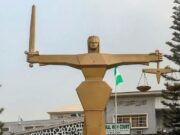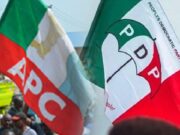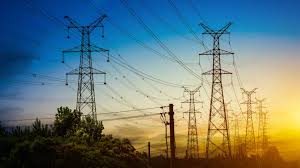The Federal Government has announced plans to increase electricity tariffs in the coming months but stressed that this move will be balanced by subsidies for lower-income electricity consumers.
Olu Verheijen, Special Adviser to President Bola Tinubu on Energy, revealed the government’s intention during the Africa Heads of State Energy Summit held in Dar es Salaam, Tanzania.
Nigeria used the occasion to present a $32 billion plan aimed at expanding electricity connections across the country by 2030.
Verheijen noted that the government is working to transition towards a cost-efficient yet cost-reflective tariff system to attract private sector investments in the energy sector.
She emphasized that the tariff adjustments are crucial to generating the necessary revenue to improve the sector’s finances and infrastructure.
Verheijen explained, “One of the key challenges we’re addressing is moving towards a cost-efficient tariff that also reflects the true cost of electricity.
This will allow the sector to generate the necessary revenue and attract private capital, while also ensuring that vulnerable populations are protected.”
The planned tariff increase follows a previous hike last year, which saw a threefold increase in electricity tariffs for customers in Band A.
The current push for another increase comes as electricity distribution companies, struggling with Nigeria’s mounting debt, pressure the government for cost-reflective tariffs to ensure their financial sustainability.
This tariff revision is seen as part of broader efforts to stabilize and enhance the country’s power sector, ensuring better service delivery and attracting investments needed to improve infrastructure.

















